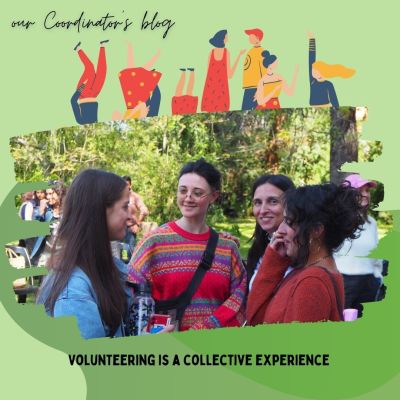The young students from Pacheco Community have a small production of vegetables, which is offered to social organizations, cooperatives, artisans and other small producers, to make their work visible in the neighborhood. After several meetings, all students and coordinators agreed that the first fairthey would participate in, had to be carried out within the framework of the end of the year purchases and for that reason it was organized for December 22.
In addition to selling the organic vegetables, the students set up some stalls inside the fair with a different goal. Those who approached the stalls of the organizations could, through games, learn about on food sovereignty, fair trade and local purchase. Posters with reflective questions and messages could be read throughout the fair.
For example:
Some good reasons to buy in your neighborhood: You know who the producer is; you support the family economy of your neighbors, you aid sustainable trade and recycling, you contribute to the national production that generates employment and fights against monopolies.
The stalls at the fair were diverse and colorful. The students from Pacheco Community harvested the vegetables that they exhibited for sale the same day the fair took place, so that their production was freshest fresh. Among the crops they offered, the aromatic plants were the most sought after and their aroma reached all the stalls, attracting the attention of those who toured the fair.




